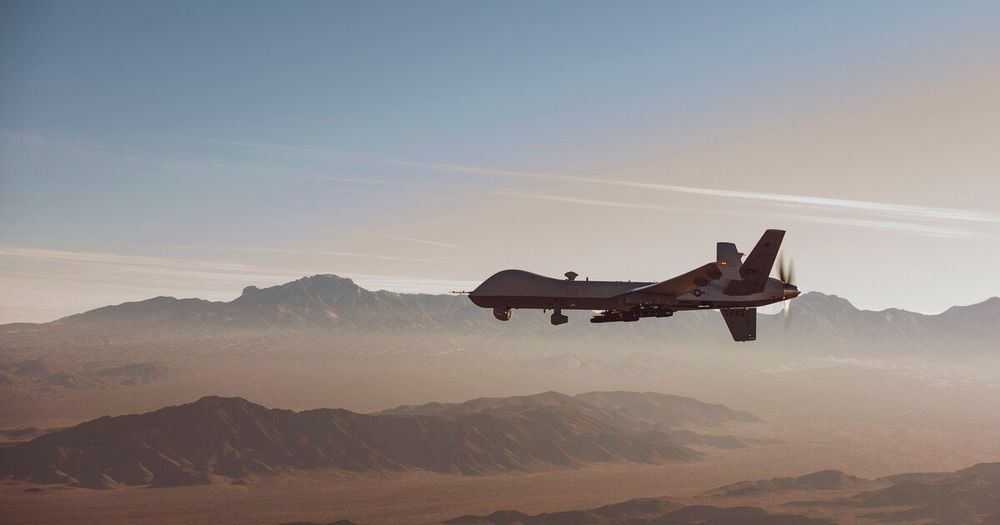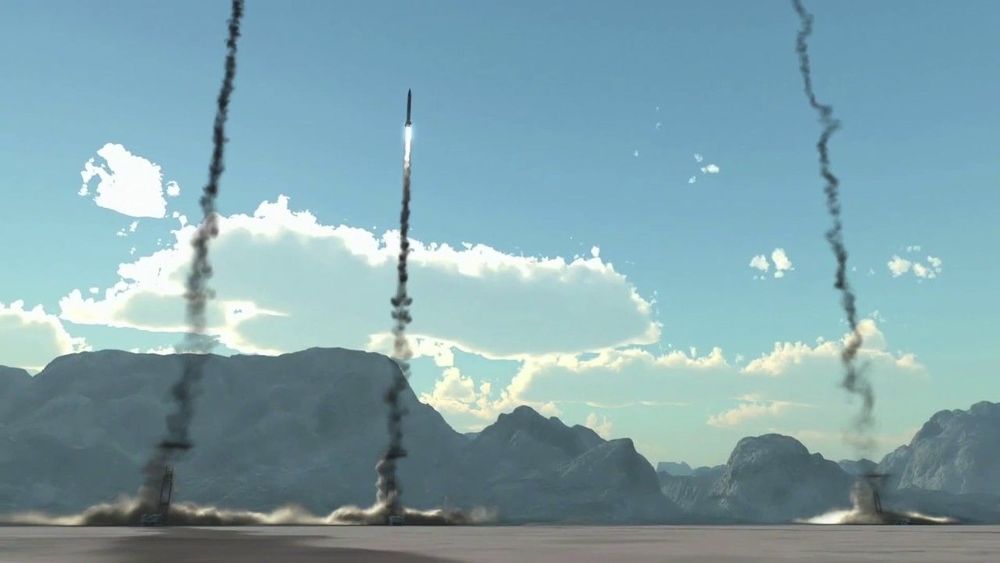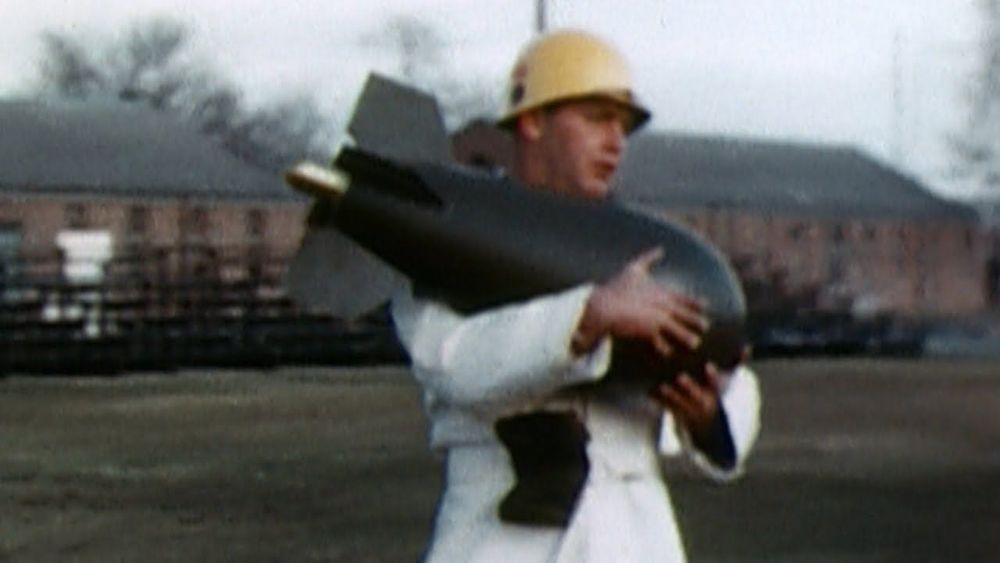
Antibiotic resistance is on the rise and is recognized by both the CDC1 and the U.S. Military2 as a current – and formidable – global health threat. The U.S Department of Defense (DoD) has long documented the warfighter’s outsized risk of exposure to infectious disease, including the increasing number of multi-drug resistant (MDR) organisms that have challenged military wound care in Iraq and Afghanistan3. Despite this looming crisis, there has been a notable exodus of pharmaceutical companies from the antibiotic space, as well as several high-profile failures of biotechnology companies focused on antibiotic development4. Current therapeutics to combat microbial infections, including MDR microbes and bacterial biothreats, are insufficient to meet the growing need, and existing methods to develop new treatments are too slow and/or costly to combat emerging drug resistance in pathogenic microorganisms.
DARPA’s Harnessing Enzymatic Activity for Lifesaving Remedies (HEALR) program aims to utilize a new therapeutic design toolkit and novel strategies/modalities to effectively treat microbial infections. Specifically, HEALR seeks to develop new medical countermeasures (MCMs) by recruiting native cellular machinery to recognize and clear disease-related targets for treating these infections. These advances could result in host-driven degradation or deactivation of pathogen targets, which may not only inhibit but could stop the pathogen in its tracks.
“HEALR presents the opportunity to identify drugs that are safer, more effective, and better address drug resistance and bacterial infections than existing therapeutic modalities,” noted Seth M. Cohen, Ph.D., program manager for the DARPA HEALR program. “By harnessing innate cellular processes, such as those exploited by proteolysis targeting chimeras (PROTACs) and similar approaches, HEALR intends to achieve superior outcomes over existing therapies.”

















